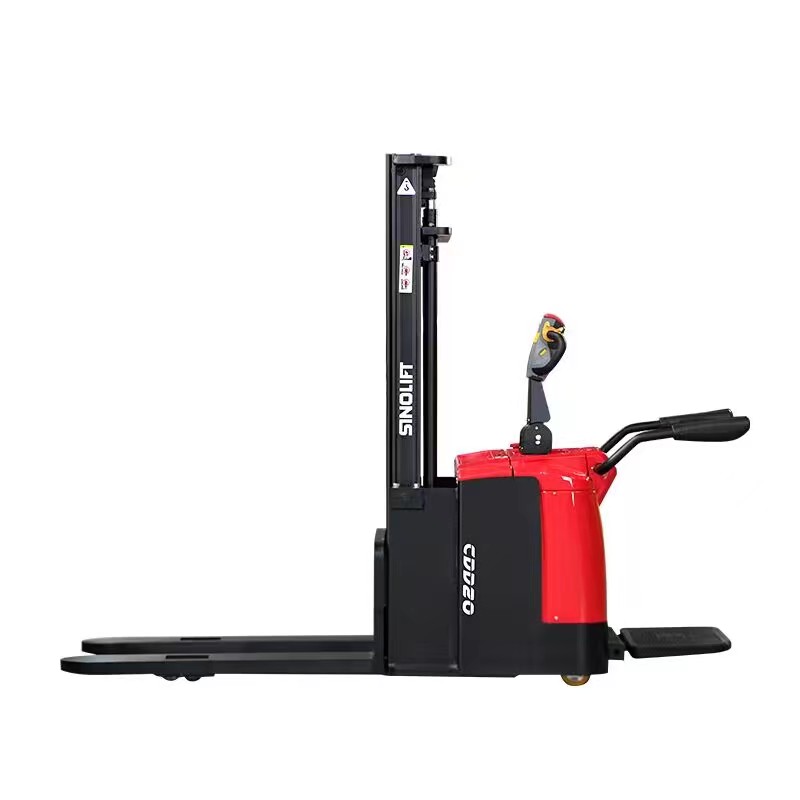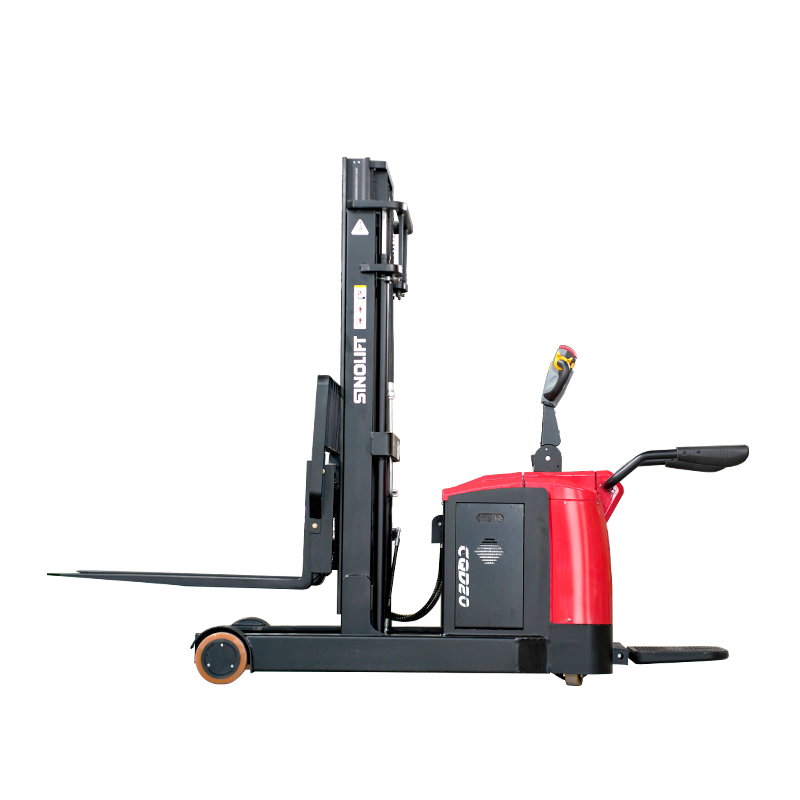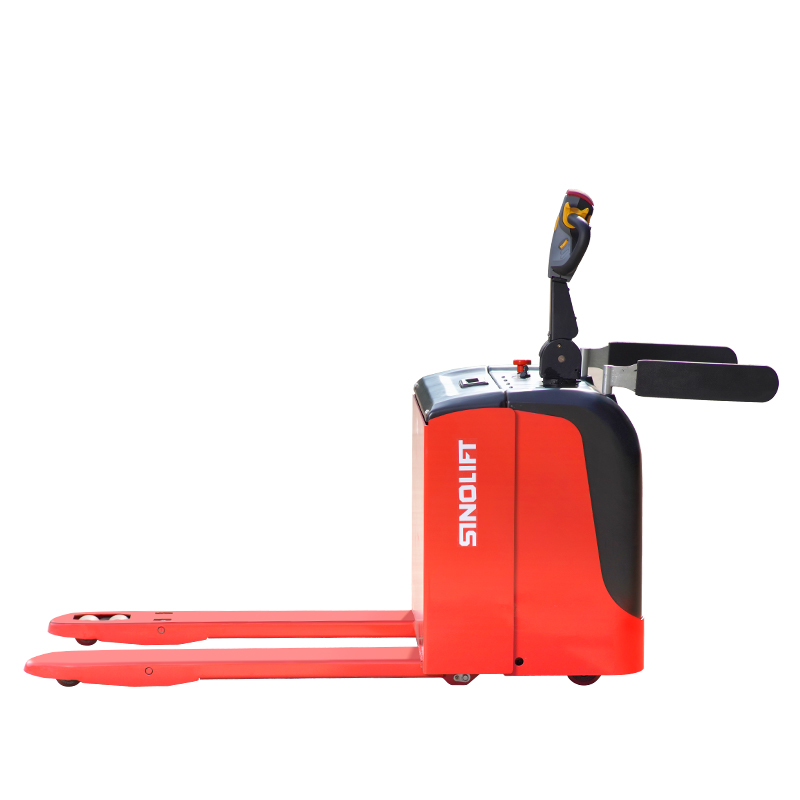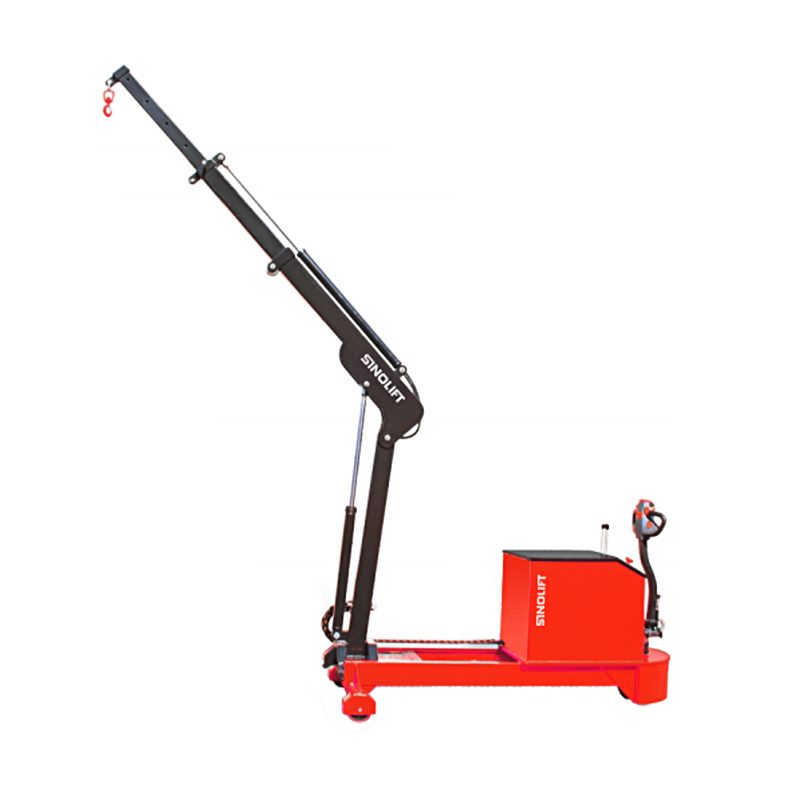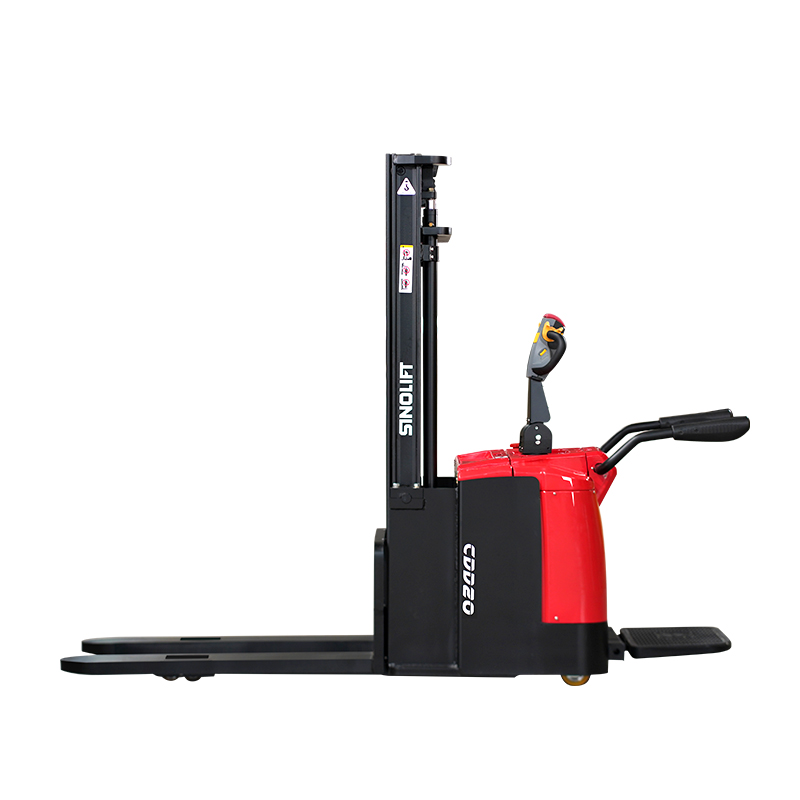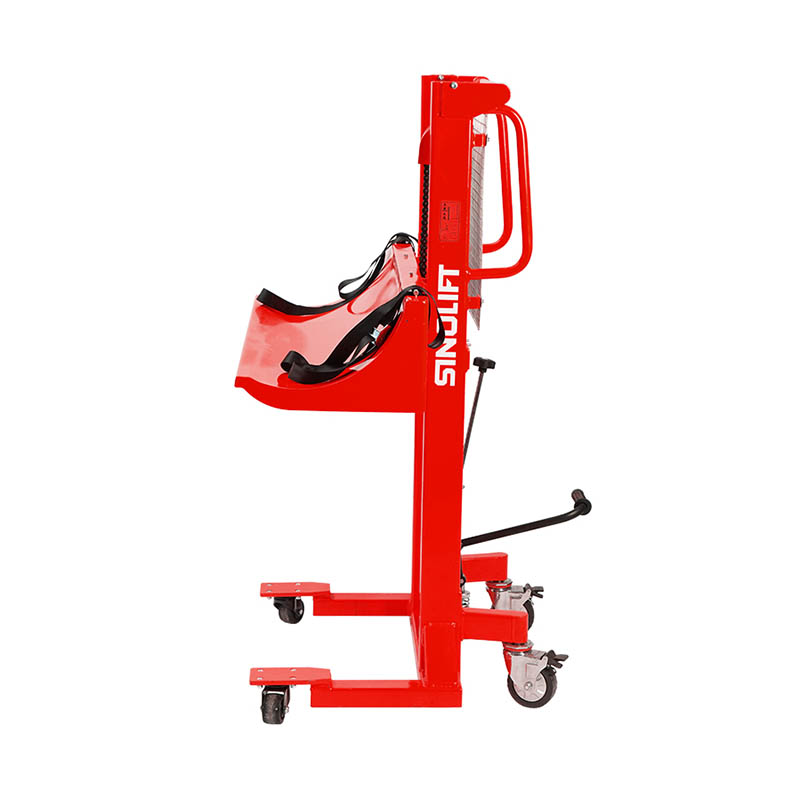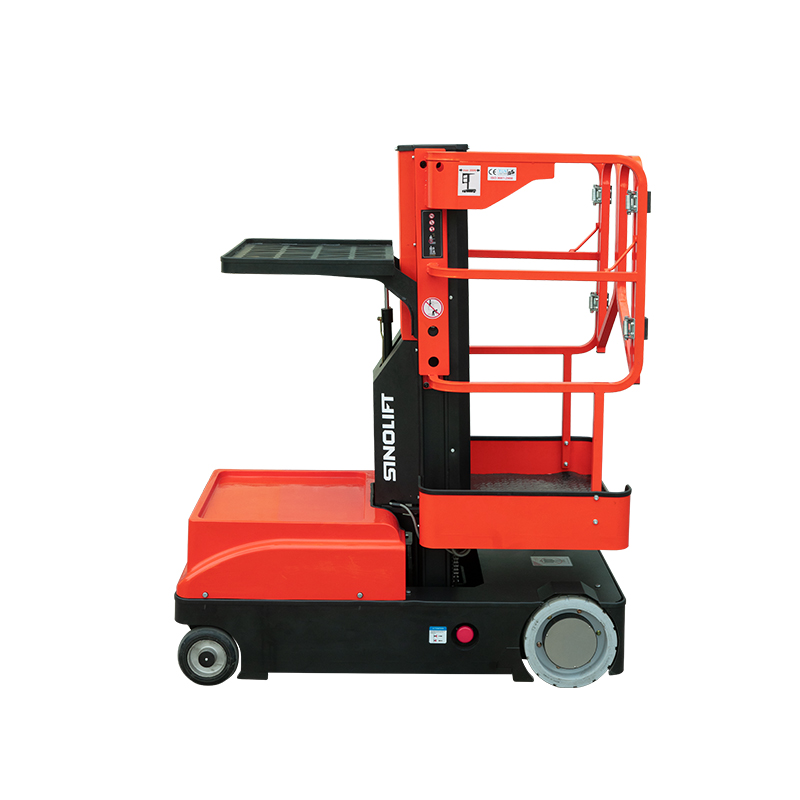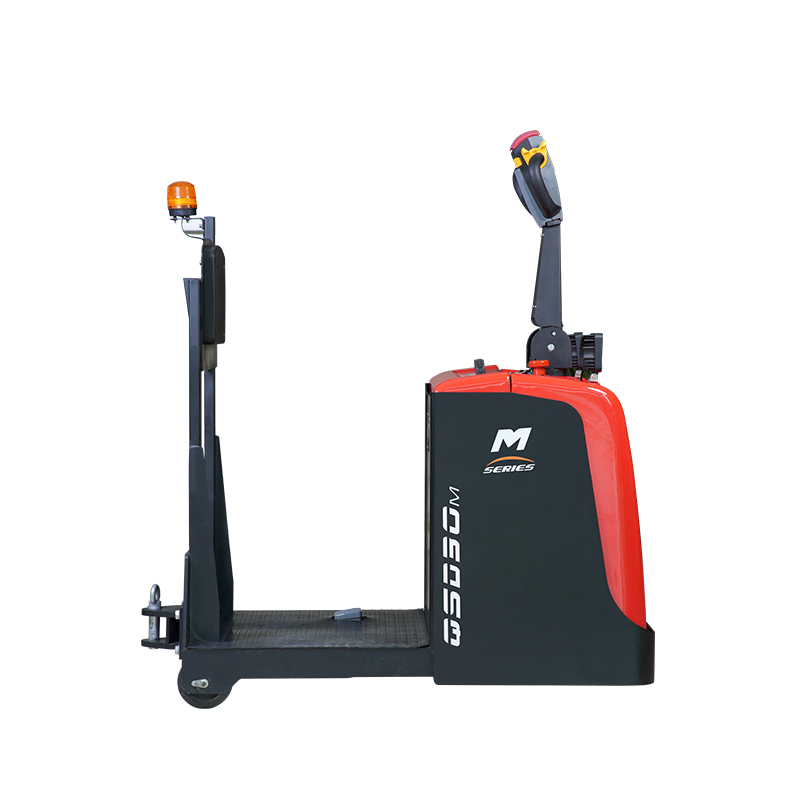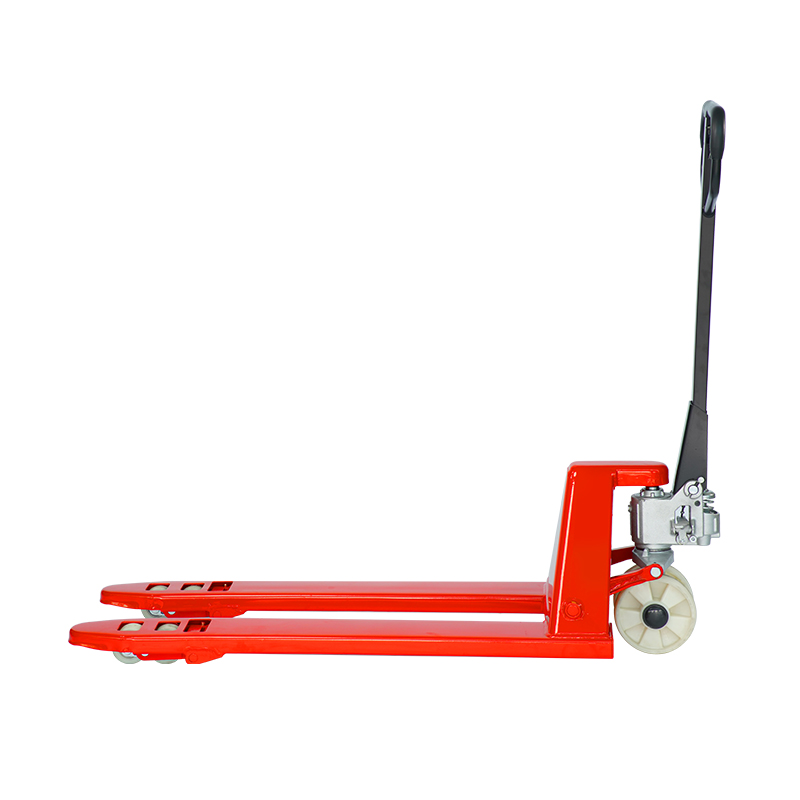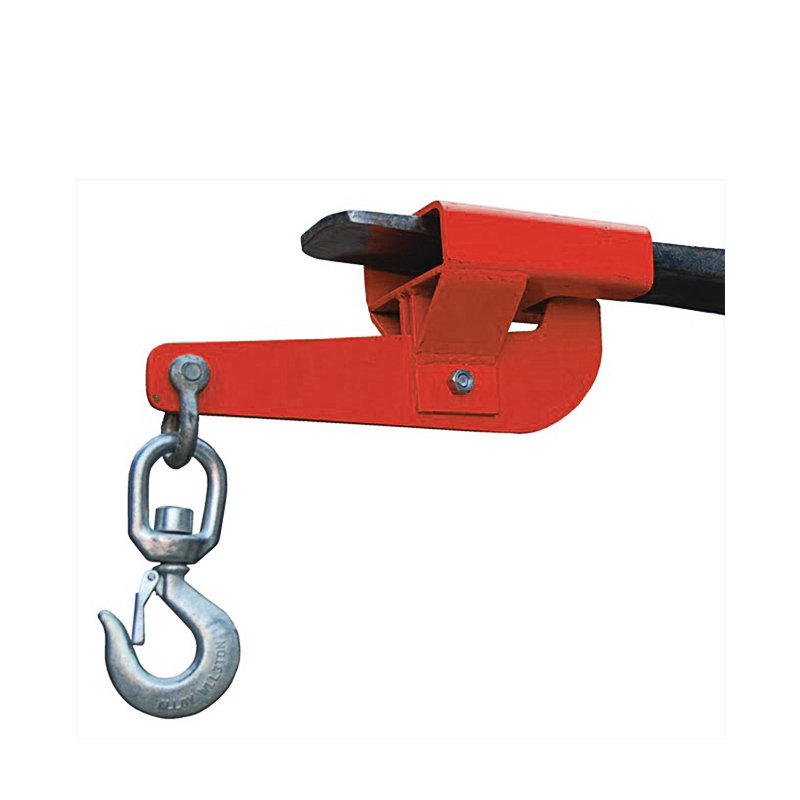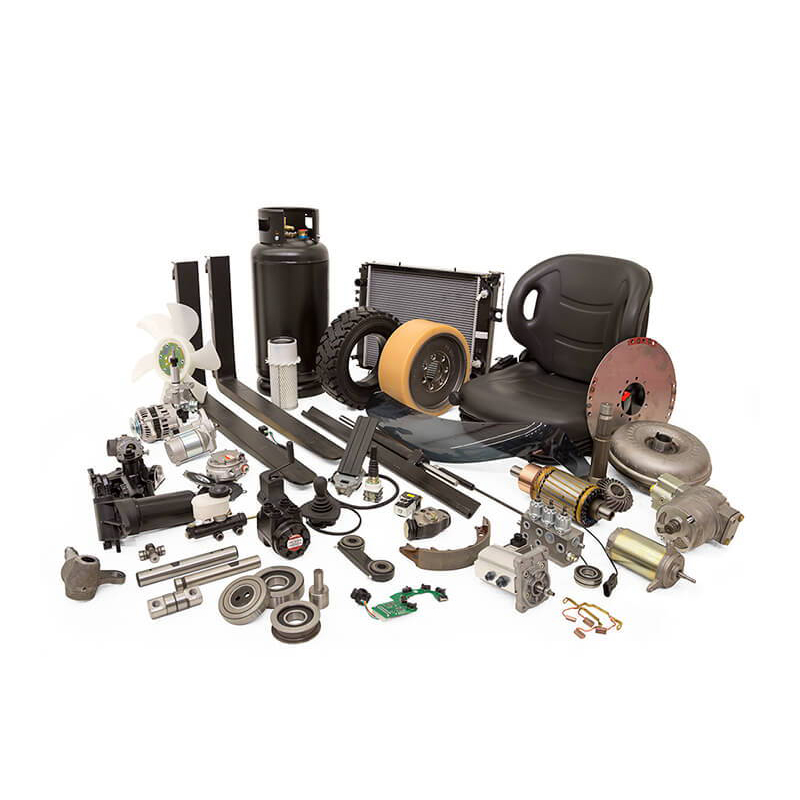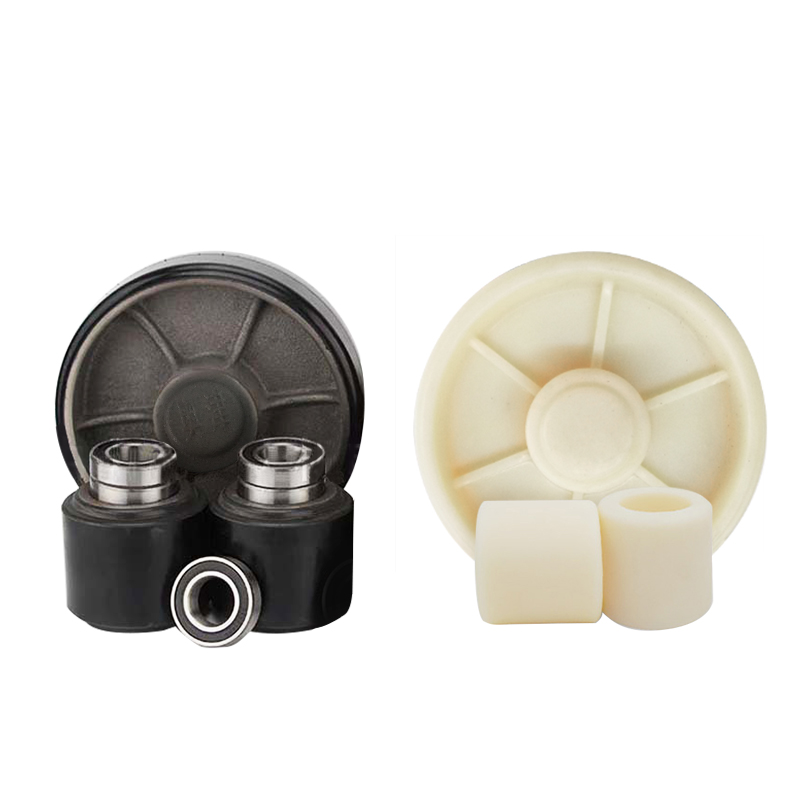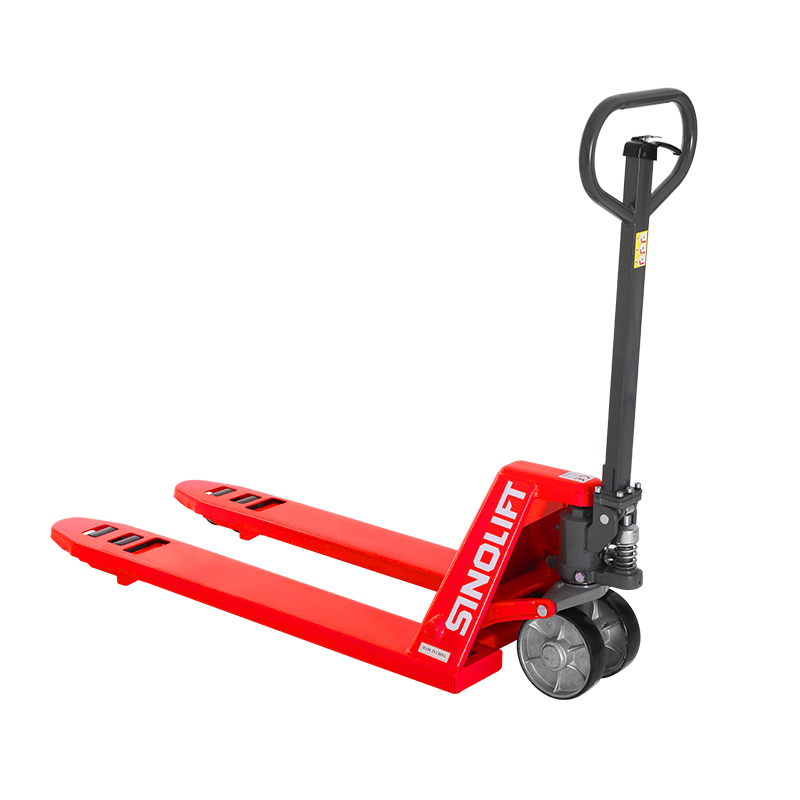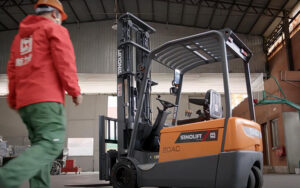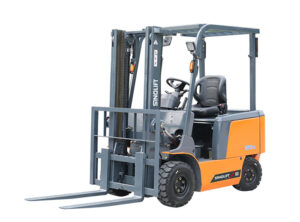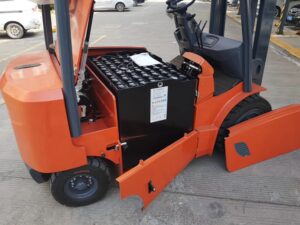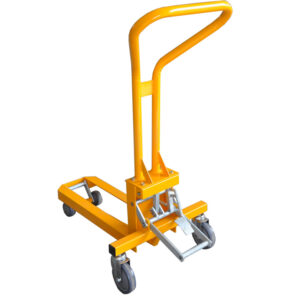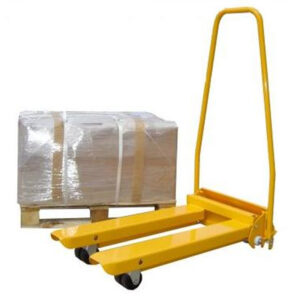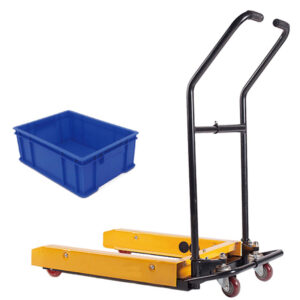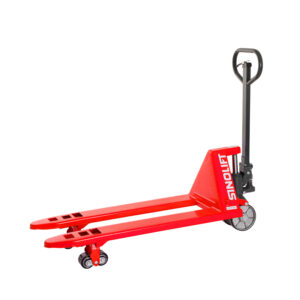1. Don’t pay more than you need to
It is important to really understand your company’s pallet jack application. Is your pallet’s maximum weight capacity 500 lbs. or 10,000 LBS? Standard pallet jacks have a maximum lifting capacity of 3-5,500 LBS. Manual pallet jacks with higher capacities are much more expensive, so avoid purchasing one unless you need more lifting capacity.
2. Determine the width, length and lifting height of the pallet jack you need
The same rules apply to the width and length of the pallet jack you need. The standard shape of a pallet jack is 27 inches wide by 48 inches long. 85% of our customers require this shape because it fits best on a standard 48 “x40” pallet. Because this size is so popular, it is also much less expensive than other shapes of jacks…… Therefore, don’t pay for a so-called unique size jack unless it is necessary. The lifting height of a pallet jack also affects its price. Standard jacks have a lowering height of 3 inches and a lifting height of 7.75 inches, but if your application requires it, there are low and extra-low manual pallet jacks with lowering heights as low as 1.75 inches. Keep in mind that these pallet jacks cost a little more.

3. Determining how often a manual pallet jack should be used
You must also consider the regular use of your new manual pallet jack. Will you use it once a day? Or do you use it consistently throughout a shift? Do you use it once a month? Or do you use it 365 days a year? There are a few key components of a pallet jack that need to be of high quality manufacturing to remain intact and function properly during continued use. The quality of the rollers and steel wheels on a manual pallet jack is the dividing line between high and low quality models. The rollers and wheels on a quality standard jack, such as the Lift-Rite Titan series, should be non-marking nylon rollers and wheels. If your workload is light, you can choose a jack with urethane rollers and wheels, such as the Big Joe Value series. Urethane jacks are cheaper, but they don’t last as long if overused. So is it worth it to save $100 now and risk not having a pallet jack available at the time of delivery?
4. Know the Real Manufacturer of the Pallet Jack
Often, the logo you see on a pallet jack is not the manufacturer of the pallet jack itself. Instead, material handling companies will put their own logos on pallet jacks to hide their original manufacturer. This is done because these companies source their jacks from super-cheap, low-quality suppliers and then jack up the price with flashy marketing terms. If you’ve ever purchased a pallet jack from some of the well-known material handling websites, chances are you’ve bought one of their cheap, low-quality units that will need to be replaced in a year or so.
All of our hand pallet jacks are manufactured by Lift-Rite, the industry leader in North America.
5. Understanding the warranty and its value
What is the real purpose of your pallet jack purchase? What do you consider to be a quality product? The answer is: you want a product that will do the job well for a long time at the lowest possible price, right? Backing your pallet jack with a strong warranty is the only real way to ensure that your jack lives up to your quality purchase expectations as described above. With a warranty you can trust, you’ll never accept or deliver an order without the proper equipment.
Additionally, be sure to review the warranty carefully before making your purchase. Many companies will offer vague warranties that replace the jack in the event of major damage or defects. A good warranty (such as ours) should cover at least one year after purchase and replace the pump unit of the pallet jack if needed. This warranty is often referred to as a “pump warranty”.
That’s it. Keep these rules in mind when purchasing a pallet jack. Ask your pallet jack supplier these questions directly and they should give straight answers if they are not trying to sell you an inferior product, which is much more common than you might think.

